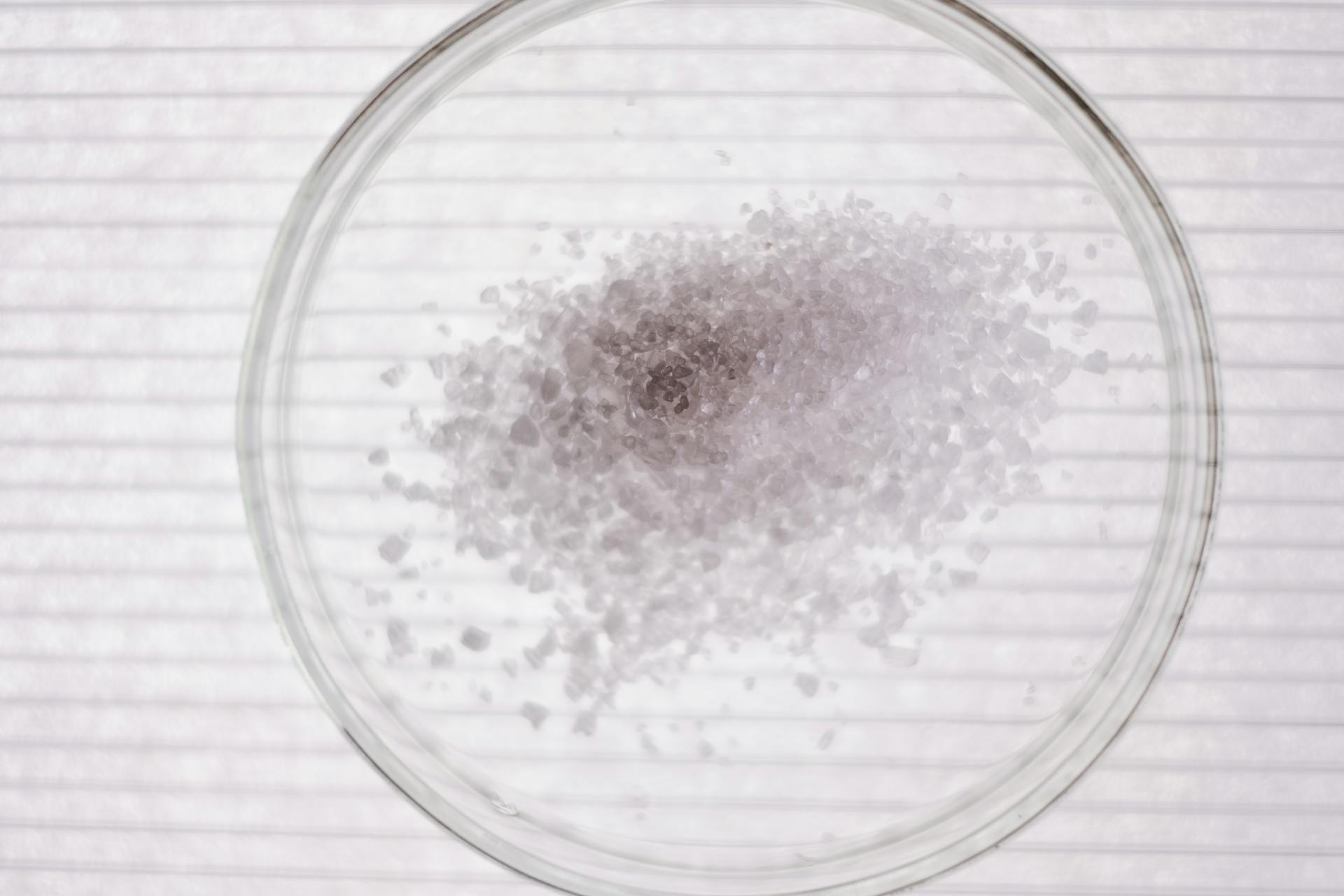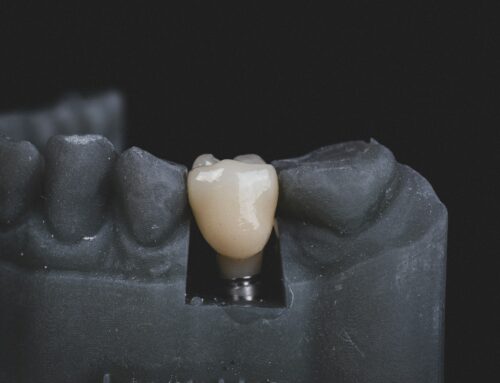Recent research has looked at the possibility of treating Gum Disease with immunotherapy. Immunotherapy is used as a treatment for cancer. However, a research team has sought to find out if it could be effective in treating severe gum disease. Their findings could have significant implications for future treatment of gum disease.

Gum disease is a condition that affects many people around the world. Despite this, treatments have limited effectiveness, and the condition cannot be cured.
However, new research has explored the possibility of using immunotherapy as a treatment [1]. Immunotherapy is best-known for being used in the treatment of cancer.
The researchers behind the study believe that immunotherapy has the potential to be a significant improvement compared to existing approaches towards treating gum disease.
Background
Gum disease is an oral health condition which involves the gums being damaged. Mild gum disease is called Gingivitis, while severe gum disease is called Periodontitis.
Gum disease is caused by a build-up of plaque. Plaque develops when sugary food and drink are consumed over time, with acid being produced.
Because gum disease develops over a long period of time, it is difficult to treat. Root planing and scaling are approaches that aim to slow the progression of gum disease, but nothing can cure it.
As mentioned earlier, gum disease is very common. For example, research shows that approximately 60% of American adults aged 65 or over have periodontitis [2]. Therefore, finding ways of treating gum disease is always an objective for scientists.
The latest research involves using immunotherapy. Immunotherapy is a treatment that uses a person’s own immune system to fight cancer. Immunotherapy will typically change how the immune system works, with the aim of the change being that the immune system becomes capable of finding and attacking cancer cells [3].
The Research
The research was carried out by a team from the University of Pittsburgh. Their findings have been published in the Proceedings of the National Academy of Sciences journal [1].
The researchers pointed out that current treatment approaches all target bacteria. But the researchers note that bacteria triggers periodontal disease by activating the immune system, which results in inflammation and bone loss around the teeth [1].
With this in mind, the focus was placed upon the immune system. To begin with, the team induced mice with periodontal disease by tying a strand of silk around one of their molars [1].
The silk accumulated and attracted bacteria, resulting in inflammation developing. This resulted in bone loss around the teeth. This aimed to replicate an advanced state of periodontitis in a human [1].
The next stage involved creating two groups of mice. This stage was based around treating the mice with microparticles of a small inducible cytokine called the chemokine ligand 2 (CCL2) [1].
Cytokines are proteins that help to control inflammation in the body, and play a crucial role in our immune system. CCL2’s main role is to regulate cellular mechanics and assist in reducing inflammation [1].
One group of mice received CCL2 treatment upon the placement of silk. The other group received CCL2 treatment four days after silk placement [1].
This had the aim of finding out if CCL2 could prevent periodontal disease from the outset, or treat progressing periodontal disease [1]. The researchers then waited to see how the mice and their gums reacted.
The Results
The results were interesting. Impressively, the researchers found that CCL2 treatment helped in both cases. Moreover, this involved reducing bone loss and improving bone repair [1].
This improvement was due to changes in the macrophages, which are the white blood cells that kill microorganisms. CCL2 treatment was able to make many of these macrophages become anti-inflammatory [1].
Furthermore, the microparticles were able to alter the oral microbiome in a way that reduced the bacterial load and vastness of some of the species of bacteria that are associated with periodontitis [1].
Therefore, there were a huge range of benefits of CCL2 treatment. The research suggests that this form of immunotherapy has the potential to be very beneficial in the treatment of periodontitis [1].
Summary
Overall, the researchers were able to conclude that delivering CCL2 treatment straight to the gums can inhibit bone loss.
The researchers suggested that in the future, humans could receive CCL2 treatment for periodontitis [1]. In fact, the researchers are aiming to arrange human trials – which is the next logical step.
This was summed up by senior author Charles Sfeir, who said that “if we contain the immune system, we can shift the composition of bacteria and prevent the disease from happening or stop its progression” [4].
These findings are very positive, and have strong implications for future treatment directions. If future trials produce successful results, immunotherapy could be widely used for periodontitis in humans.
Thinking points…
[1] As discussed earlier, gum disease affects many people. However, it can be prevented. In terms of preventing gum disease, aside from having excellent oral hygiene, attending dental appointments on a regular basis is very important! Dental check-ups allow a dentist to take a look at your oral health, including the gums, and provide advice and treatment if necessary. We recommend booking an appointment soon!
[2] Remember to look after your gums! When brushing your teeth, make sure you gently brush your gums too. If you are concerned about your gums, or believe you have gum disease, speak to your dentist. While there is no cure for gum disease, treatments like root planing and scaling can help to slow the progression of the condition.
What we offer at Taradale Dental
Taradale Dental is a dental clinic based in Calgary, Alberta, Canada. At our Calgary dental clinic, we provide a range of services for our patients.
We advise our patients to attend our Calgary dental clinic at least twice per year for a regular dental check-up. At these check-ups, we provide a comprehensive review of a patient’s oral health. If any problems are detected, we have many treatments available. For example, these include cavity fillings and root canals. To strengthen your oral health, we recommend brushing your teeth at least twice a day and flossing regularly.
Here at Taradale Dental, we also have some cosmetic treatments available! These include dental implants, teeth whitening and Invisalign™! Our patients find that these treatments have a positive impact on their appearance, confidence and self-esteem.
Moreover, the fees of our treatments at our Calgary dental clinic Taradale Dental are set in line with the Alberta Dental Fee Guide. This ensures transparent and fair pricing, with no hidden costs.
We hope to see you soon at our Taradale Dental clinic in Calgary! You can find out more about us by visiting our website https://taradaledental.ca/!
References
[1] Shehabeldin, M., Gao, J., Cho, Y., & Sfeir, C. (2024). Therapeutic delivery of CCL2 modulates immune response and restores host–microbe homeostasis. Proceedings of the National Academy of Sciences. 121 (36): e2400528121. DOI: https://doi.org/10.1073/pnas.2400528121.
[2] Eke, P. I., Thornton-Evans, G. O., Wei, L., Borgnakke, W. S., Dye, B. A., & Genco, R. J. (2018). Periodontitis in US Adults: National Health and Nutrition Examination Survey 2009-2014. The Journal of the American Dental Association. 149 (7): p576-588. DOI: https://doi.org/10.1016/j.adaj.2018.04.023.
[3] American Cancer Society. (2024). Immunotherapy. Available: https://www.cancer.org/cancer/managing-cancer/treatment-types/immunotherapy.html. Last accessed: 5th October 2024.
[4] University of Pittsburgh. (2024). Immunotherapy for gum disease? Study in mice shows promise. Available: https://medicalxpress.com/news/2024-09-immunotherapy-gum-disease-mice.html. Last accessed: 5th October 2024.


